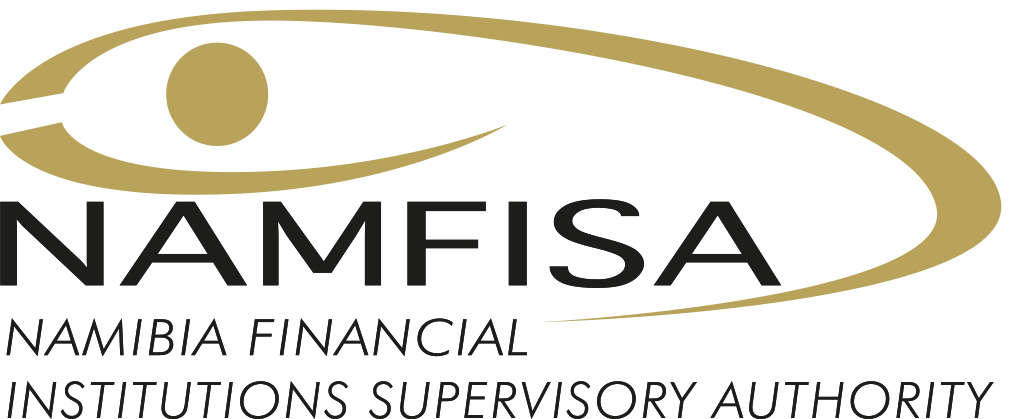Financial Education
While financial education is essential, it does not absolve financial institutions of their duty to provide consumers with clear and understandable information before contracts are signed.
This need is even more urgent in today’s challenging economic environment. According to the Namibia Financial Stability Report (April 2017), the Non-Banking Financial Institutions (NBFIs) sector remains stable and poses no systemic risk. Asset growth in the NBFIs sector is expected to continue, but consumers still need a better understanding of the financial products and services they use.
Consumers should critically assess the inflation figures used by medical aid funds and insurers to set contributions and premiums—often resulting in higher out-of-pocket expenses. Read more in this edition.
Consumers should critically assess the inflation figures used by medical aid funds and insurers to set contributions and premiums—often resulting in higher out-of-pocket expenses. Read more in this edition.
Other factors that sometimes lead to inflations are:
- Money laundering and terrorist financing (They are criminalised by law in Namibia and can be committed by abusing services in the financial sector.)
- Insurance fraud (which is going to be discussed in this bulletin for you to have a broader overview and to take necessary precautions.)
We encourage consumers to speak up and visit NAMFISA for any issues concerning their financial rights and responsibilities. NAMFISA offers multiple channels to submit complaints, as outlined in this edition. Don’t hesitate
to visit the NAMFISA Consumer Education website:
www.educates.namfisa.com.na for more information and for you
to log any query related to NAMFISA Consumer Education
